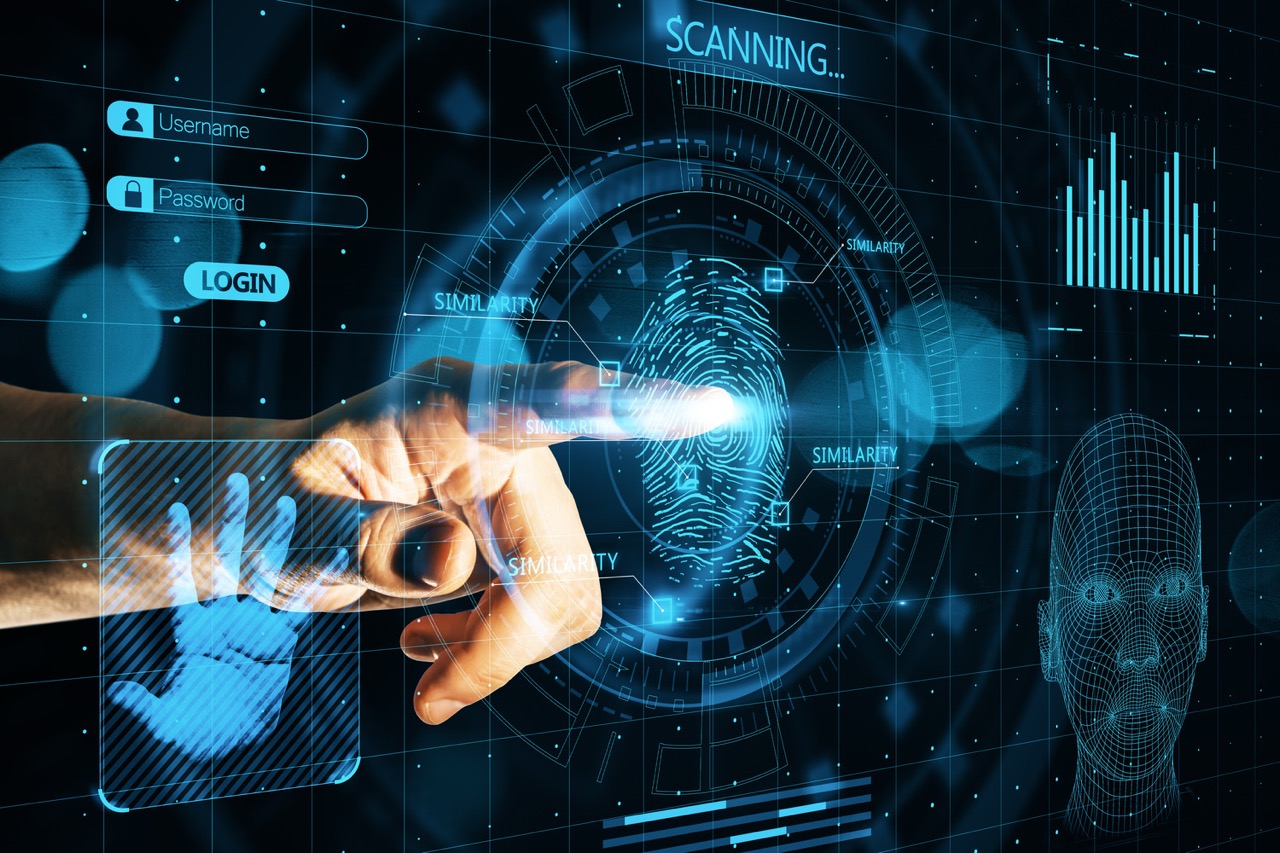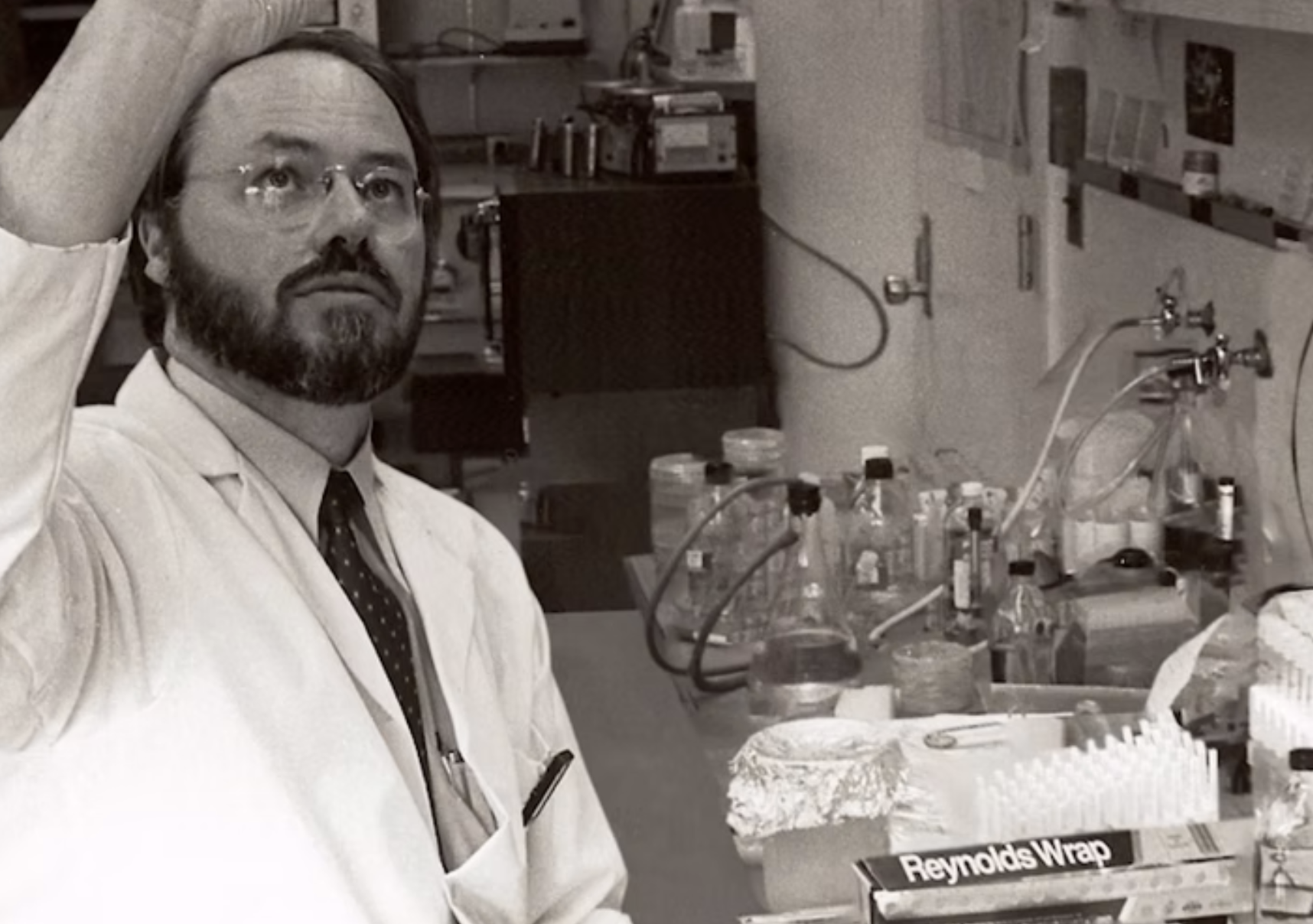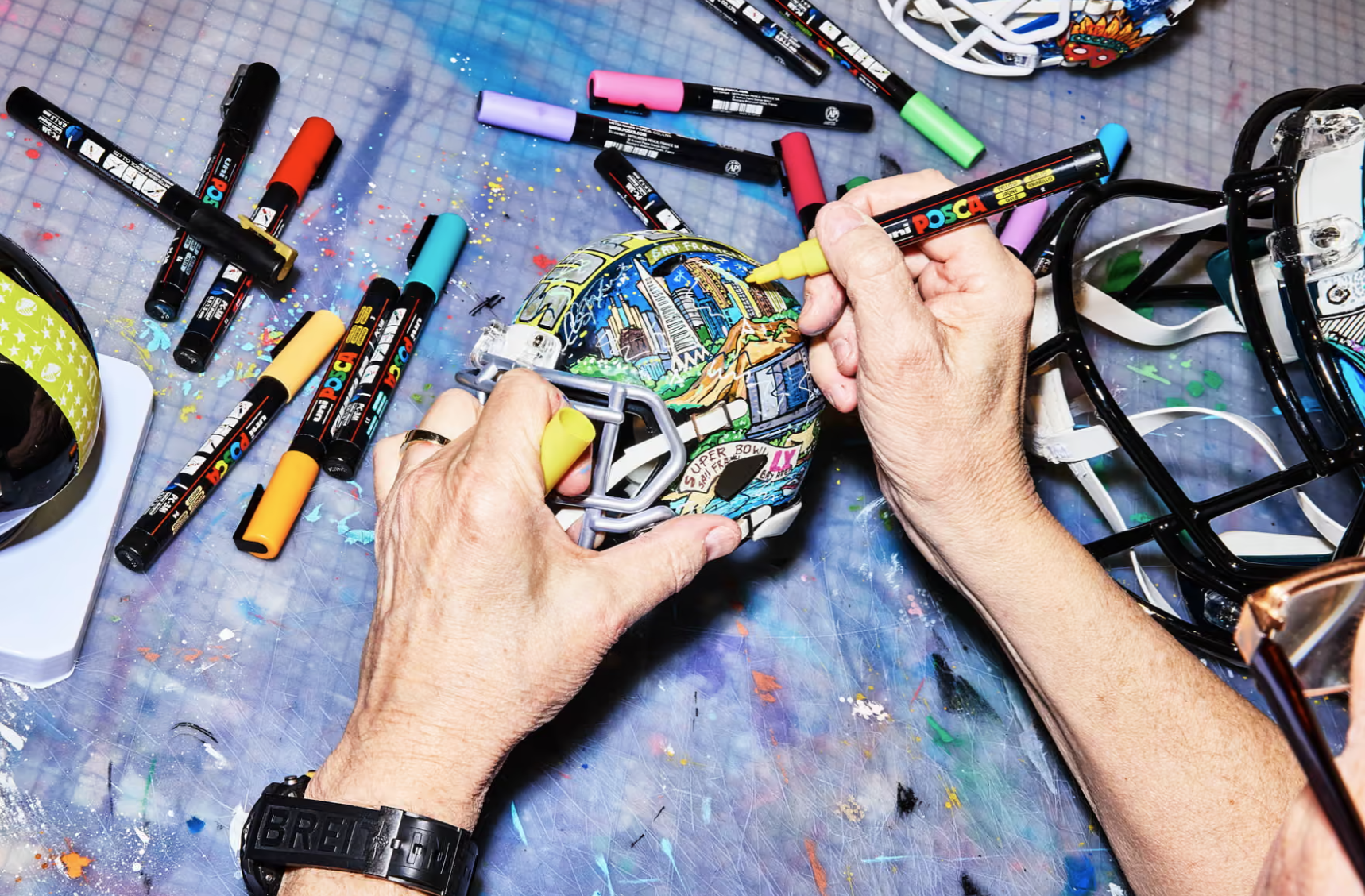Netflix’s thriller “Biohackers” does more than entertain—it reflects genuine biotechnology ethics challenges.
In the series, when medical student Mia confronts unauthorised genetic experiments at her university, the show dramatises actual concerns identified by researchers: consent violations, biosecurity risks, and power imbalances in scientific research.
The series explores broader themes that parallel ongoing debates in bioethics—emerging technologies that outpace current regulatory frameworks, the blurred boundaries between healing and enhancement, and questions about who should and can control powerful biological tools.
As fiction often anticipates scientific possibilities, “Biohackers” serves a dual purpose: captivating viewers while reflecting on the real-world implications of biotechnology advancement. Although it is fiction, we can view show as a thought experiment encouraging us to consider the ethical dimensions of scientific progress that might otherwise remain abstract academic discussions.
By integrating ethics into the scientific view, researchers can bridge the gap between specialised knowledge and public discourse on biotechnology’s complex future.






